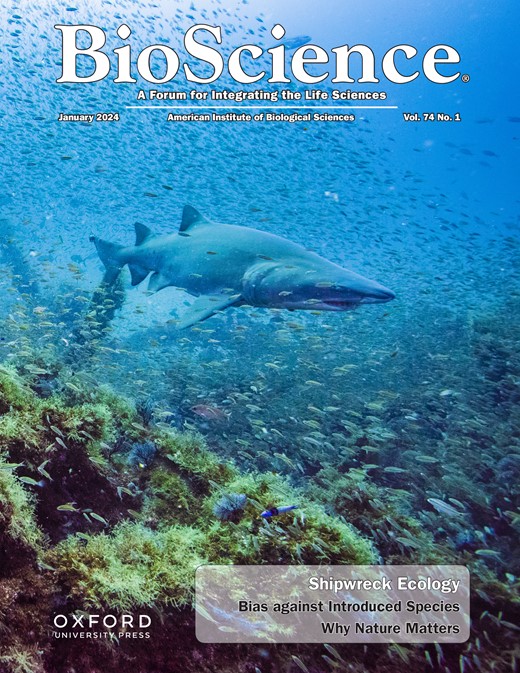Specific primer design and optimization of annealing temperature for amplification gene peroxidase (POD) in Oryza sativa L.
IF 7.6
1区 生物学
Q1 BIOLOGY
引用次数: 0
Abstract
. Peroxidase (POD) is an antioxidant enzymatic that has various functions in the plant life cycle, one of which is as a defense against ROS by catalyzing the conversion of H 2 O 2 to water and O 2 . The ability of the POD enzyme activity to regulate the H 2 O 2 content allows the enzyme to defend plants from stress. One of the methods that can be used to amplify the POD gene is quantitative reverse transcription-PCR (qRT-PCR). This method requires several important components, one of which is the primary (forward and reverse). The primer used in gene amplification must be specific for the target gene so that it can recognize and attach to the desired target gene. This study aims to design suitable primers for POD gene amplification using the qRT-PCR technique. Primers are designed using the PrimerQuest tool. The designed primers were then analyzed for their specificity with geneious prime. Then the primer specificity was checked using the BLAST primer. The results of the primary design with the best criteria for POD gene amplification用于扩增红豆杉过氧化物酶(POD)基因的特异性引物设计和退火温度优化
.过氧化物酶(POD)是一种抗氧化酶,在植物生命周期中有多种功能,其中之一是通过催化 H 2 O 2 向水和 O 2 的转化来抵御 ROS。POD 酶的活性能够调节 H 2 O 2 的含量,从而保护植物免受胁迫。定量反转录-PCR(qRT-PCR)是扩增 POD 基因的方法之一。这种方法需要几个重要的组成部分,其中之一就是引物(正向和反向)。用于基因扩增的引物必须对目标基因具有特异性,这样它才能识别并附着在所需的目标基因上。本研究旨在利用 qRT-PCR 技术为 POD 基因扩增设计合适的引物。引物是利用 PrimerQuest 工具设计的。然后用基因质粒分析所设计引物的特异性。然后使用 BLAST 引物检测引物的特异性。以 POD 基因扩增的最佳标准进行初选设计的结果
本文章由计算机程序翻译,如有差异,请以英文原文为准。
求助全文
约1分钟内获得全文
求助全文
来源期刊

BioScience
生物-生物学
CiteScore
14.10
自引率
2.00%
发文量
109
审稿时长
3 months
期刊介绍:
BioScience is a monthly journal that has been in publication since 1964. It provides readers with authoritative and current overviews of biological research. The journal is peer-reviewed and heavily cited, making it a reliable source for researchers, educators, and students. In addition to research articles, BioScience also covers topics such as biology education, public policy, history, and the fundamental principles of the biological sciences. This makes the content accessible to a wide range of readers. The journal includes professionally written feature articles that explore the latest advancements in biology. It also features discussions on professional issues, book reviews, news about the American Institute of Biological Sciences (AIBS), and columns on policy (Washington Watch) and education (Eye on Education).
 求助内容:
求助内容: 应助结果提醒方式:
应助结果提醒方式:


